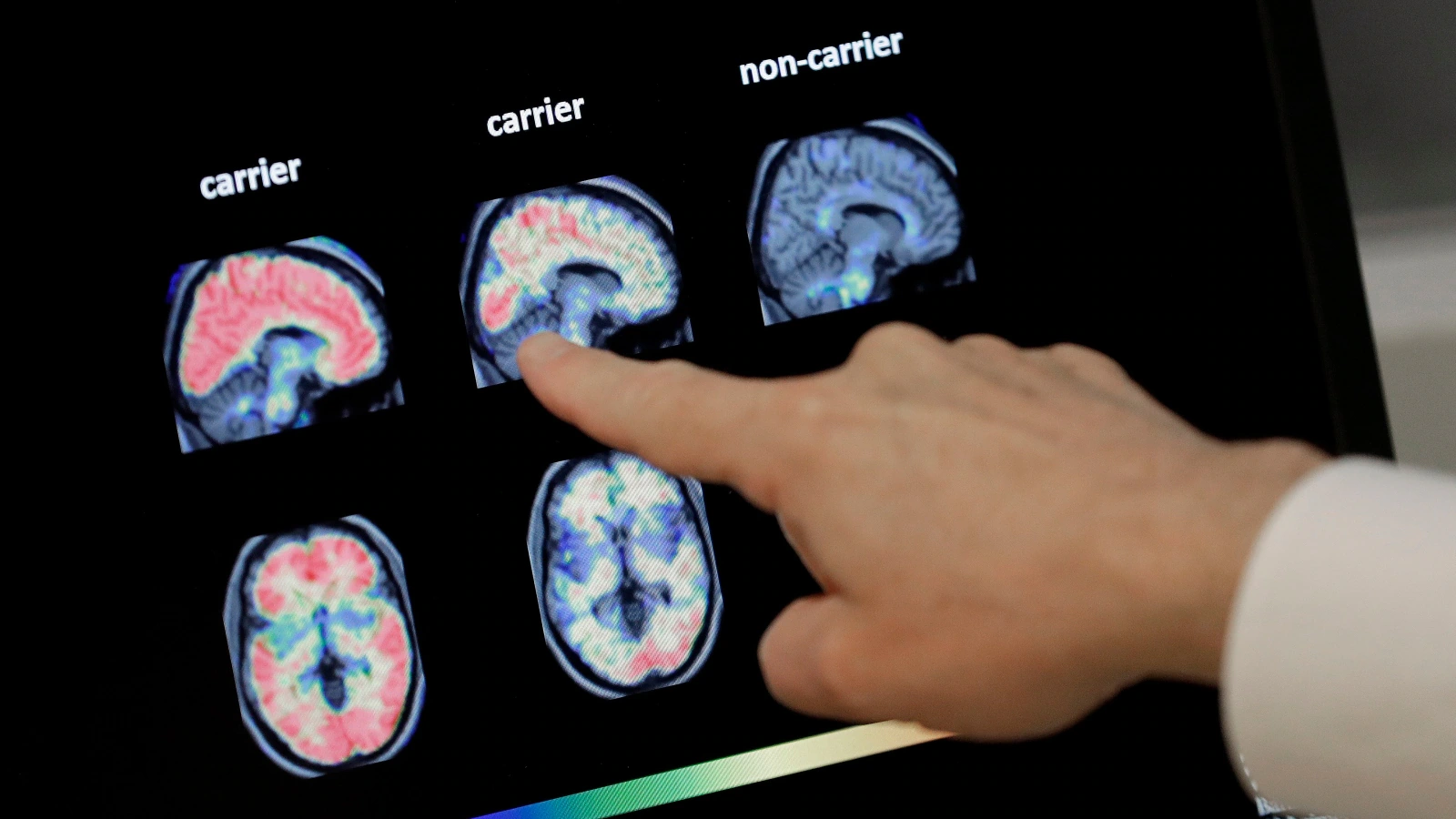By News18,Yimkumla Longkumer
Copyright news18

Kerala’s health department is on high alert following a rise in cases of Primary Amoebic Meningoencephalitis (PAM), a rare but deadly brain infection caused by Naegleria fowleri, commonly known as the ‘brain-eating amoeba’.
So far this year, 61 cases have been confirmed across the state, with 19 reported deaths, many of them in recent weeks. The disease has a very high fatality rate and progresses rapidly once symptoms begin.
Kerala’s Health Minister Veena George has called the situation as a serious public health concern. She said the infection, once mostly seen in limited areas like Kozhikode and Malappuram, is now being reported from different parts of Kerala, NDTV reported.
“Unlike last year, we are not seeing clusters linked to a single water source. These are single, isolated cases, and this has complicated our epidemiological investigations,” George said.
Speaking to the media on Tuesday, the Health Minister had said, “After the 2023 Nipah outbreak, we issued strict instructions to investigate every meningoencephalitis case. We also asked the practitioners to check the cause of that meningoencephalitis. If they find amoeba, they will start the treatment for amoebic meningoencephalitis. Early detection can save lives.”
Recent Cases In Kerala
A 17-year-old student from Poovar, Thiruvananthapuram, was recently diagnosed with PAM after swimming in the pool at Akkulam Tourist Village. His condition remains critical. The pool has since been closed, and water samples have been collected for testing.
In Kozhikode, a 49-year-old man named Shaji died after developing an infection following a head injury. A nine-year-old girl from Thamarassery (Kozhikode) also died after her condition deteriorated quickly. Other affected individuals include a three-month-old baby and a 91-year-old, showing that the infection can affect people of all ages. Several patients are still undergoing treatment.
What Is Amoebic Meningoencephalitis?
Amoebic meningoencephalitis is caused by Naegleria fowleri, an amoeba that thrives in warm, stagnant, or poorly treated water. It enters the body through the nose, usually during swimming or bathing in contaminated water, and travels to the brain, causing severe inflammation. Though extremely rare, the infection is almost always fatal once symptoms appear.
The main symptoms of PAM include fever, headache, vomiting, neck stiffness, and nausea. Health officials are urging the public to avoid swimming in untreated water bodies and to seek medical help immediately if any of these symptoms appear after water exposure.



